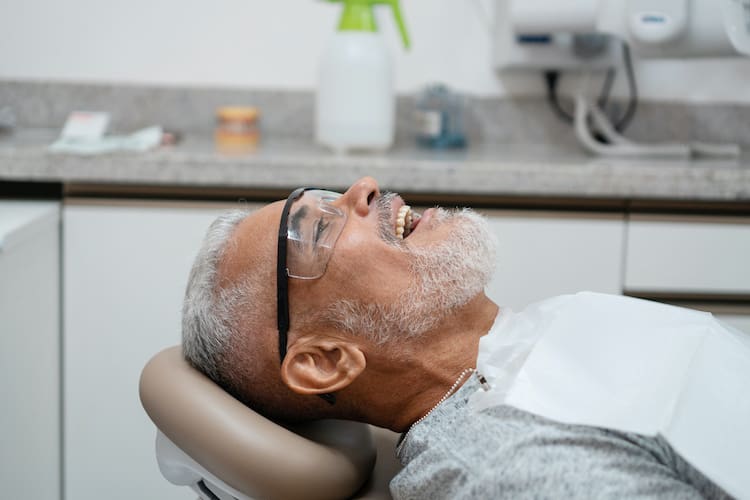Many dental patients experience anxiety during visits. Sedation offers a solution to this problem. It often allows patients to relax during procedures. While sedation dentistry is often effective, it may not be suitable for everyone. Understanding the safety and effectiveness of sedation dentistry is crucial to make informed decisions about your dental care.
Understanding Sedation Dentistry
Sedation dentistry involves using medication to help patients relax. Dentists use various sedation levels. Minimal sedation often keeps patients awake but relaxed. Moderate sedation may cause slurred speech and limited memory of the procedure. Dentists choose the sedation level based on the procedure and patient anxiety. Understanding these levels helps patients know what to expect.
Types of Sedation Used in Dentistry
Different types of sedation exist for dental procedures. Oral sedation involves taking a pill. The most common medication is Halcion, a Valium-like drug. It induces drowsiness and relaxation. Inhaled minimal sedation uses nitrous oxide, known as laughing gas. It often helps patients relax and wears off quickly. Understanding these options helps patients choose the right method for their needs.
Safety of Sedation Dentistry
Sedation dentistry is generally safe when administered by trained professionals. Dentists and their teams receive special training in sedation techniques. They monitor patients closely during procedures. This monitoring ensures patient safety and comfort. However, sedation carries some risks, as with any medical procedure. Patients may experience side effects, such as nausea, dizziness, or headaches. Serious complications are rare but can occur. These include allergic reactions, respiratory issues, or heart problems. Discussing potential risks with your dentist is essential. They can provide information tailored to your health history.
Evaluating Your Suitability for Sedation
Not everyone is a candidate for sedation. Your dentist will evaluate your medical history and current health. They will consider factors like age, weight, and allergies. Certain medical conditions may affect your suitability for sedation. These include sleep apnea, obesity, or respiratory issues. Your dentist must know all medications you take. This includes prescription drugs, over-the-counter medications, and supplements. Open communication with your dentist ensures your safety during sedation.
Preparing for a Sedation Dentistry Procedure
Preparation is key to a successful sedation dentistry experience. Your dentist will provide instructions before the procedure. These may include dietary restrictions, such as fasting. You may need to avoid certain medications. Arrange for someone to drive you home after the procedure. Sedation effects can linger, making driving unsafe. Wear comfortable clothing to your appointment. This helps ensure a relaxed experience. Follow your dentist’s instructions carefully to minimize risks.
Post-Procedure Care and Recovery
Recovery from sedation dentistry varies based on the sedation level used. Minimal sedation allows for a quick recovery. Patients can usually resume normal activities soon after. Moderate and deep sedation may require more recovery time. Patients should rest and avoid strenuous activities. Follow your dentist’s post-procedure instructions carefully. This may include taking prescribed medications or avoiding certain foods. Monitor for any unusual symptoms or side effects. Contact your dentist if you experience any concerns. Proper post-procedure care better ensures a smooth recovery.
Choosing the Right Dental Practice
Choosing the right dental practice is crucial for a safe sedation experience. Look for a dentist with experience in sedation dentistry. Check their credentials and training. Ask about their experience with sedation techniques. Inquire about their emergency protocols. A reputable practice will prioritize patient safety. They will provide detailed information about sedation options and risks. Trust your instincts when choosing a dental practice. A comfortable, safe environment is essential for a positive experience.
Sedation Dentistry in Center Valley, PA
For your next dental visit, consider Center Valley Dental. Our experienced team prioritizes patient safety and comfort. If you suffer from dental anxiety, sedation could be able to help. Contact us today to schedule a consultation and learn more about your treatment options.

